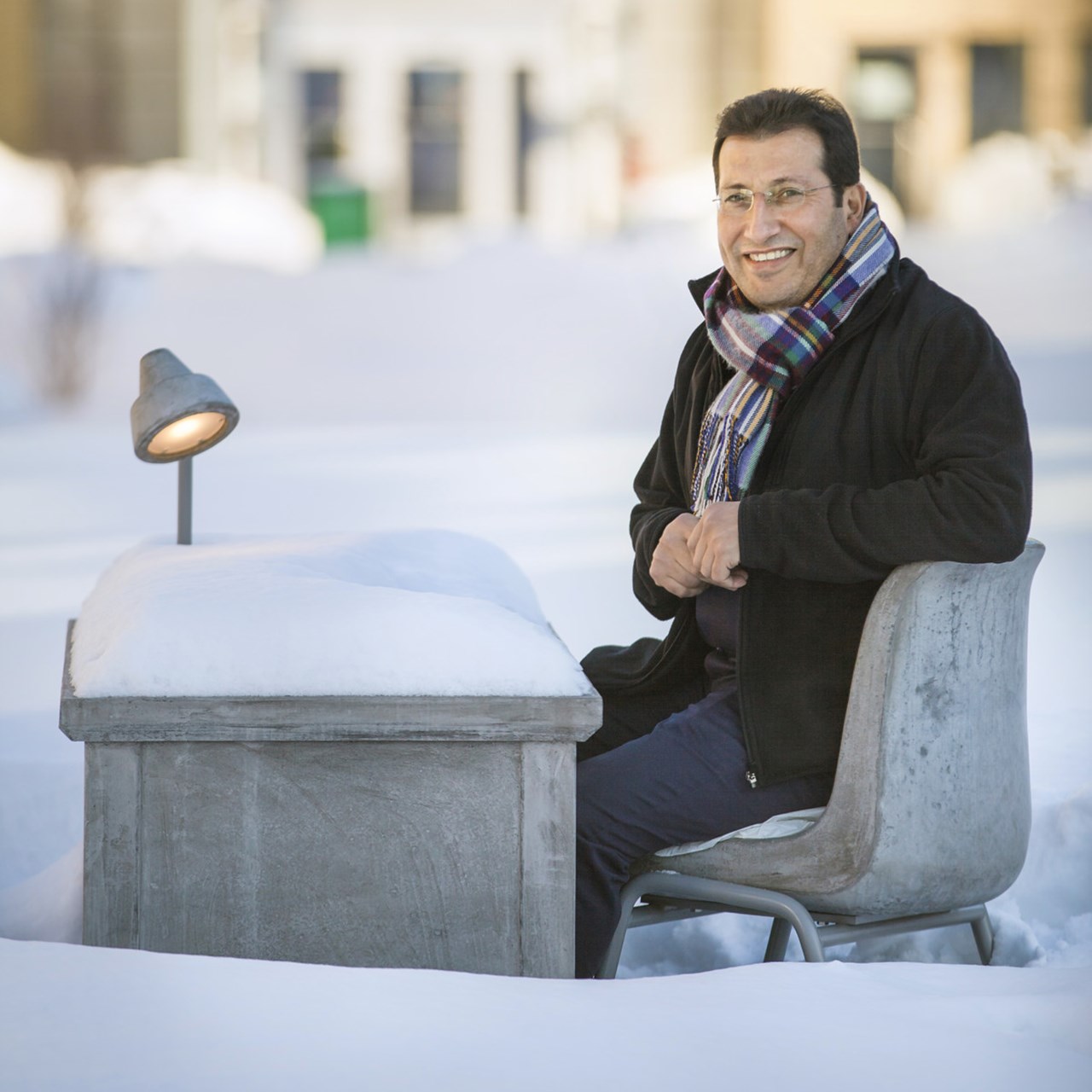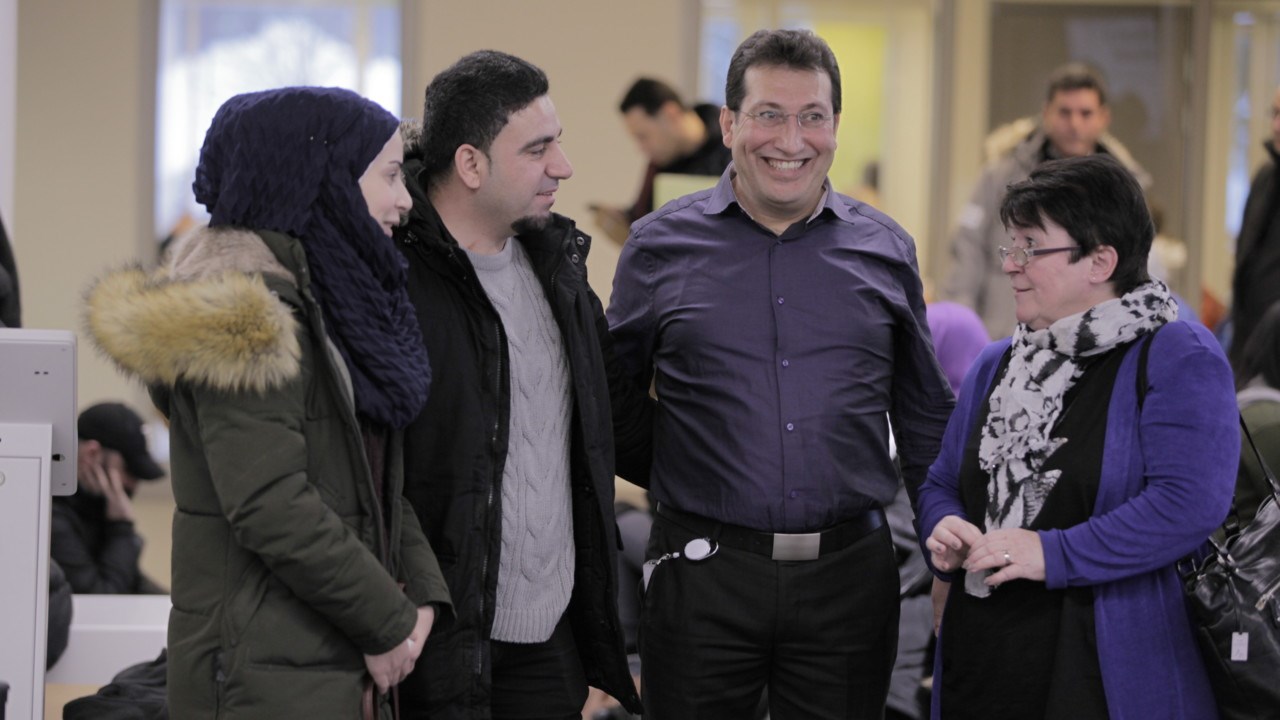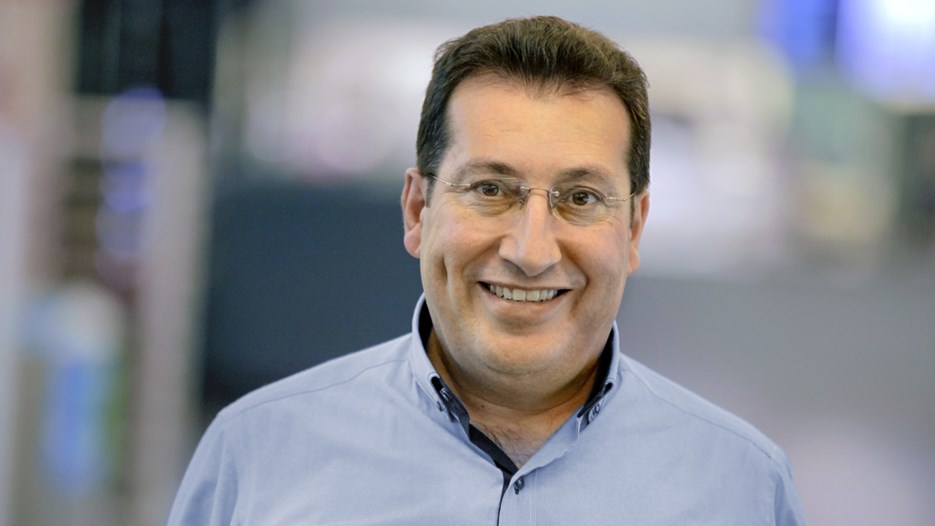Ahmad Hussein
Does: Project manager and teacher at Snabbspåret.
Family: Married with four children.
Hobbies: Gardening, following news coverage, writing poetry, football and volleyball.
Watches: No time for TV.
Favourite food: Lebanese.
Latest book-read: The First Industrial Revolutions by Peter Mathias and John A. Davis.
Dreams of: To write a book about oil extraction in Lebanon that becomes a bestseller.
Bok: Ahmad Hussein's book Den välkända konflikten och den eftertraktade freden was awarded a Prize by the Swedish Arts Council in 2003 for its nuanced description of the Middle East and Palestine.




